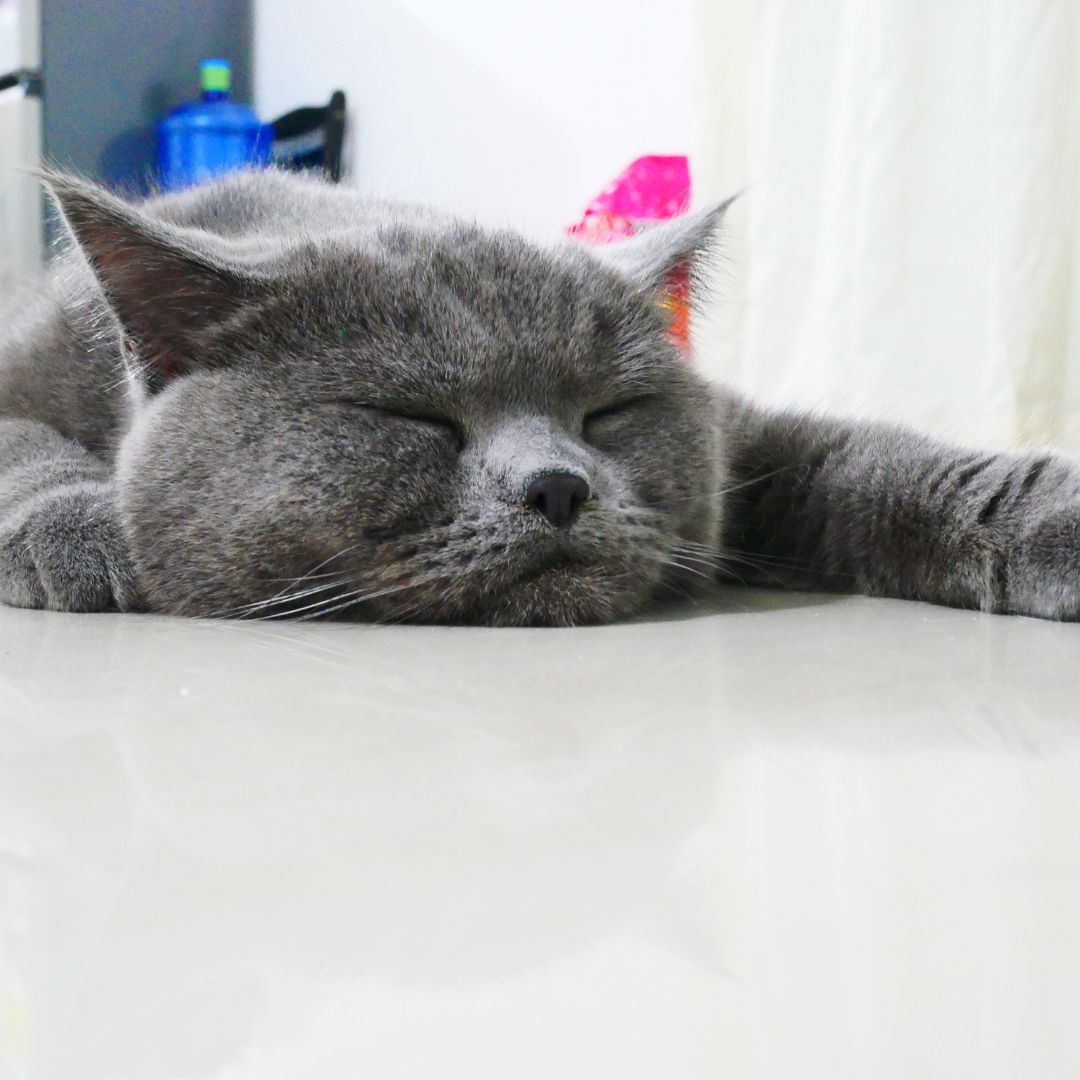Why do cats seem so lazy? Perhaps it's not fair to label them as such without understanding their nature. Could it be that their behavior is simply a reflection of their innate instincts and preferences? While they may appear to be lounging around more often than other animals, maybe there's more to their demeanor than meets the eye. Let's reconsider our assumptions and explore what makes cats unique in their behavior and habits.
"Laziness Demystified: Decoding Cat Sleep Patterns"
1. The type of sleep they are having
Did you know that cats experience two distinct sleep states? With their penchant for snoozing throughout the day, these feline friends navigate between light and deep sleep cycles. In the lighter phase, they're easily roused by the slightest noise, while in deep sleep, it takes them longer to awaken. It's simply part of their innate wiring, rather than a sign of laziness.
2. Exploring Cat Nap Habits
While it's true that cats spend a considerable amount of time dozing, it doesn't necessarily indicate laziness. Consider the possibility that your cat simply lacks stimulation or tasks to engage in. Instead of causing chaos, they opt for a peaceful slumber. The level of stimuli present in their environment also plays a significant role in their apparent laziness.
3. Abandoning Fetch Dreams
Forgive the Mean Girls reference, but one can almost imagine cats rolling their eyes at owners attempting to train them to fetch. This demeanor can be attributed to genetics. Cats are often labeled as lazy because they show little interest in fetching or obeying commands. Their independent nature, inherited from their wild ancestors, means they prioritize self-sufficiency over performing tricks for humans.
4. Inherited Traits: The Wild Side
Domestic cats trace their lineage back to wild felines, and certain behaviors from their ancestors persist. Like their wild counterparts, domestic cats are more active during nocturnal hours. Consequently, they may appear lethargic during the day as they conserve energy for their nighttime adventures.
5. Lethargy vs. Laziness
Sudden changes in your cat's activity levels could signal an underlying health issue rather than mere laziness. It's essential to recognize lethargy as a potential symptom of illness and seek veterinary attention if necessary.
Tips for Encouraging Activity:
1. Quality Time Together
Spending meaningful time with your cat can alleviate loneliness and promote a more active lifestyle. Authentic play sessions strengthen the bond between you and your feline friend while encouraging movement.
2. Discovering Stimuli
Observe your cat's responses to various stimuli, such as sounds and movements. Understanding what prompts activity in your cat enables you to tailor interactions to their preferences.
3. Interactive Toys
Invest in interactive toys designed to engage your cat's senses and encourage movement. These toys provide mental and physical stimulation, keeping your cat entertained and active.
4. Dietary Considerations
Evaluate your cat's diet, as nutrition plays a crucial role in energy levels. Opt for high-quality cat food rich in nutrients and energy sources to support a more active lifestyle.

